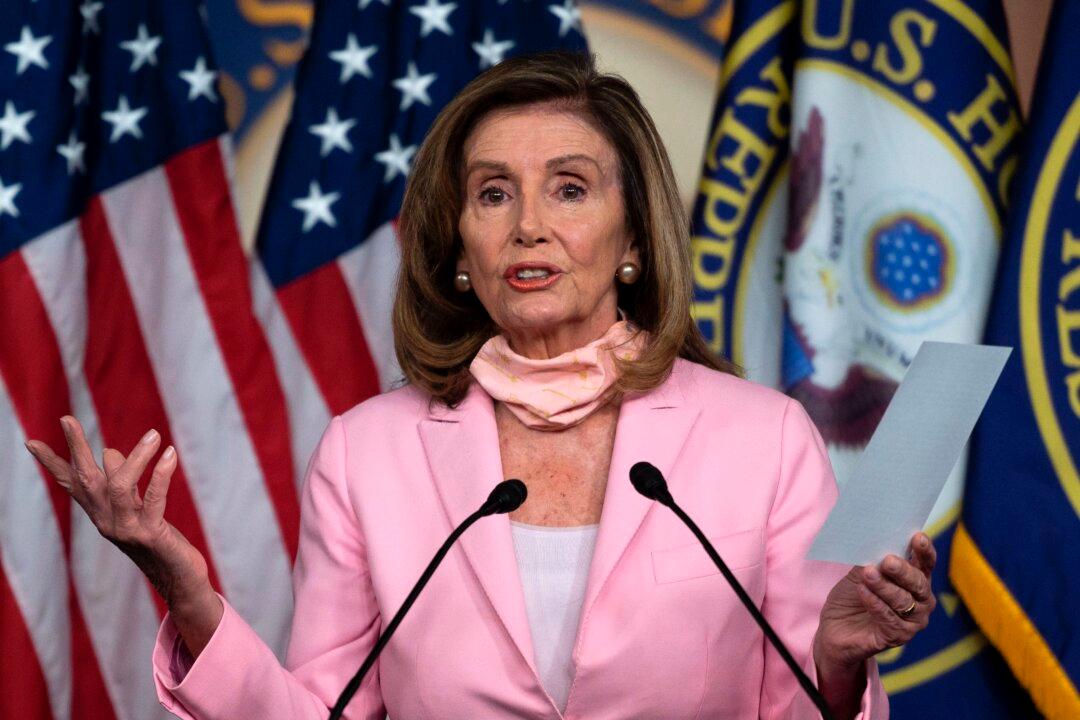The House of Representatives has approved legislation that allocates $25 billion to the U.S. Postal Service (USPS) and freezes operational changes at the agency that Democrats argue have slowed mail delivery and are part of the Trump administration’s bid to undermine mail-in balloting ahead of the November election.
The bill, called H.R. 8015 (pdf), passed with 230 Democrats, joined by 26 Republicans, voting on Aug. 22 to adopt the legislation. Expectations are that the bill will fail in the Republican-led Senate.





